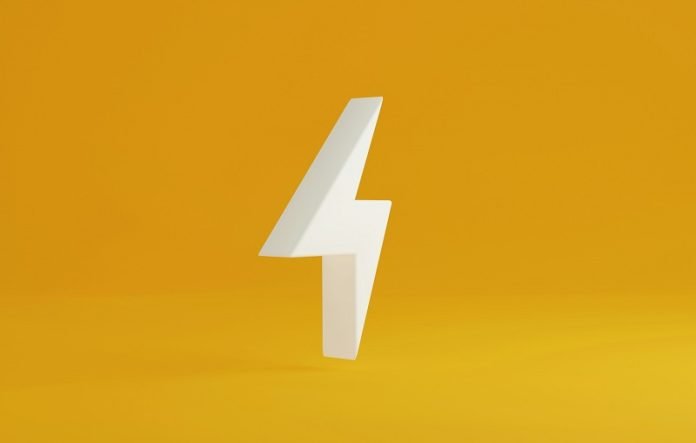
In a major breakthrough, researchers have developed a new type of battery that charges incredibly fast, potentially changing how we use everything from smartphones to electric cars.
This new sodium-ion battery, developed by Professor Jeung Ku Kang and his team from the Department of Materials Science and Engineering, could be a game-changer in energy storage technology.
Sodium, the element used in these batteries, is over 500 times more abundant than lithium, which is currently used in most rechargeable batteries.
Despite sodium’s plentiful nature, sodium-ion batteries have struggled with issues like low power output and slow charging times. But this latest innovation from Professor Kang’s team at KAIST may turn the tide.
The research, involving KAIST doctoral candidates Jong Hui Choi and Dong Won Kim, has been published in the journal Energy Storage Materials.
Their paper describes how they’ve built a battery that not only charges quickly but also holds a lot of power.
The key to their success is combining two types of materials traditionally used separately in batteries and supercapacitors.
By blending these materials, the team created a hybrid system that benefits from the high energy storage of batteries and the quick charge-discharge capabilities of supercapacitors.
This hybrid system uses a new kind of anode (the battery’s negative side) made from a low-crystallinity conductive multivalence iron sulfide, embedded in sulfur-doped porous carbon.
The cathode (the positive side) features a high-surface-area oxygen-doped material. Together, these innovations allow the battery to charge rapidly while maintaining high energy density—a measure of how much power a battery can store.
This novel battery technology could significantly impact several industries.
For example, electric vehicles equipped with these batteries could charge in just a few seconds—about as long as it takes to fill up a gas tank. Likewise, mobile phones and other smart devices could spend much less time tethered to a charger.
Professor Kang’s team has shown that their new sodium-ion battery can outperform traditional lithium-ion batteries in both energy density and power density. Specifically, their battery achieves an energy density of 247 watt-hours per kilogram (Wh/kg) and a staggering power density of 34,748 watts per kilogram (W/kg).
These impressive results suggest that sodium-ion batteries may soon provide a more efficient, cost-effective solution for energy storage.
With such promising potential, this technology could soon find its way into a variety of applications, from everyday electronics to advanced aerospace technologies. The future of charging could be just seconds away, thanks to this exciting development in battery technology.



